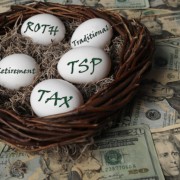FEHB Rates Released – Increases Across the Board
The Office of Personnel Management has released the rates for the Federal Employee Health Benefits program and, just as expected, the average rate is expected to increase.
There is one surprise, however, and it happens to be an unpleasant one. Initial reports suggested that the Self Plus One option, which is available for the first time in 2016, would have lower rates than the Self Plus Family coverage costed last year. That is not the case.





